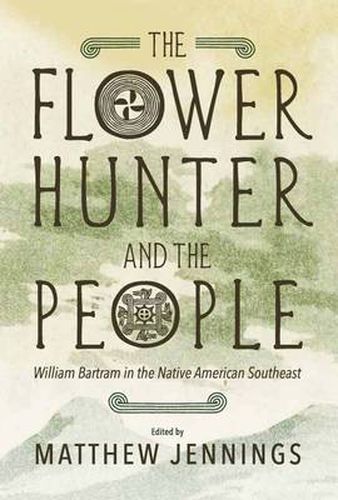Readings Newsletter
Become a Readings Member to make your shopping experience even easier.
Sign in or sign up for free!
You’re not far away from qualifying for FREE standard shipping within Australia
You’ve qualified for FREE standard shipping within Australia
The cart is loading…






William Bartram has rightly been hailed as an astute, perceptive chronicler of Native American societies. In some ways he was able to see beyond the dominant ideologies of his day, some of which divided the world’s peoples into categories based on perceived savagism and civility. The Flower Hunter and the People introduces Bartram’s writings on Southeastern Native Americans and allows Bartram and his indigenous consultants to tell their stories in their own words. Along the way, readers should also consider this underlying fact, which rarely strayed from the Flower Hunter’s mind. William Bartram was a guest in the Native Southeast. He travelled on paths smoothed, figuratively and literally, by Native Americans. He stayed in Muskogees’ houses, ate Cherokees’ food, and was, at times permitted glimpses of his hosts’ worldviews and lifeways. The things they allowed Bartram to record bore cultural and political weight in their own times, and they can speak to us in ours as well.
$9.00 standard shipping within Australia
FREE standard shipping within Australia for orders over $100.00
Express & International shipping calculated at checkout
William Bartram has rightly been hailed as an astute, perceptive chronicler of Native American societies. In some ways he was able to see beyond the dominant ideologies of his day, some of which divided the world’s peoples into categories based on perceived savagism and civility. The Flower Hunter and the People introduces Bartram’s writings on Southeastern Native Americans and allows Bartram and his indigenous consultants to tell their stories in their own words. Along the way, readers should also consider this underlying fact, which rarely strayed from the Flower Hunter’s mind. William Bartram was a guest in the Native Southeast. He travelled on paths smoothed, figuratively and literally, by Native Americans. He stayed in Muskogees’ houses, ate Cherokees’ food, and was, at times permitted glimpses of his hosts’ worldviews and lifeways. The things they allowed Bartram to record bore cultural and political weight in their own times, and they can speak to us in ours as well.